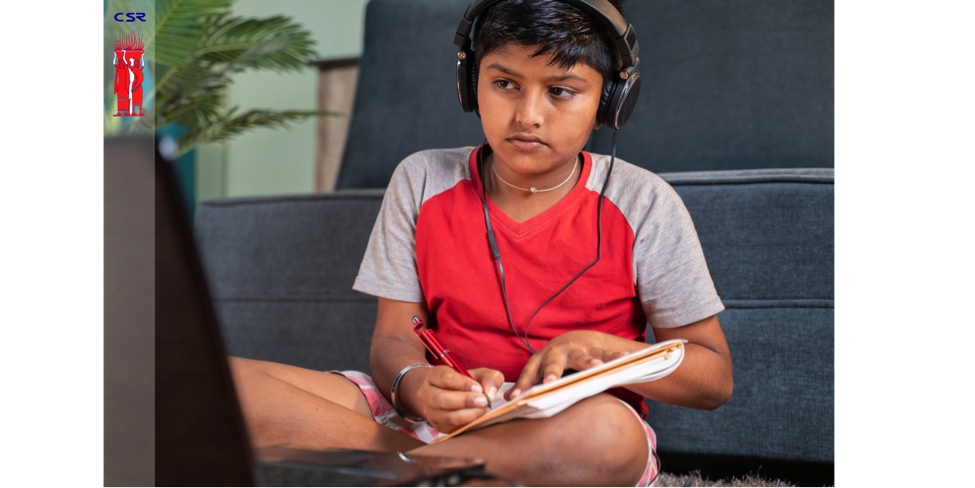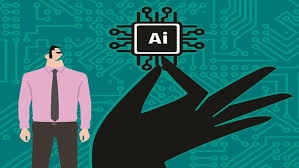Children and their rights to a safer digital world

NEW DELHI: A parallel digital existence has fast progressed from being a “future possibility” to being the “current reality” for our children.
Although the pandemic hasn't been kind to anyone, it especially has had grave repercussions on the well-being of children - emotionally, physically and mentally. A prolonged period of detachment from the social environment and disengagement from the old school life/routine proved to be an immense obstacle in their holistic development.
Physical isolation due to Covid-19 left us with little choice but to escalate the use of multiple digital technologies and platforms, in an attempt to connect, learn and entertain.
Although the internet emerged as a saviour for education and learning, children found themselves thrust into the unknown environment of online spaces, ill-equipped to deal with the challenges it brought along. For children, this has, more often than not, led to an exponential increase in the feelings of distress, anxiety and extreme loneliness, among other complications.
"Covid-19 thrusting children into the online spaces in an accelerated manner has opened up a vast possibility of children and adults facing dangerous situations online, like cyberbullying, cyberstalking, scamming, doxxing and many more", said Dr. Ranjana Kumari, Director CSR.
"To ensure safe navigation, Centre for Social Research have been conducting Online Safety and Security Workshops in collaboration with Facebook and the Central Board of Secondary Education (CBSE) to ensure students will learn what it means to be a digital citizen, the power of positive online engagement, how to identify and combat dangerous situations, digital wellness, the importance of reaching out, how to spot fake news and understand the damage it can do and many more skills and tools essential to keeping safe and secure", she added further.
Having said that, there are opportunities provided by the digital environment and play an important role in the development of a child. And key stakeholders need to exert efforts to make sure that children can positively avail all opportunities afforded by the digital world while staying safe, secure and healthy.
Education Equals Empowerment
In keeping with a Human Rights-Based Approach to Programming, to ensure access, equality, accountability, participation and non-discrimination, the Centre for Social Research has been working closely with the youth to combat all issues of, but not limited to, digital safety and online well-being.
The CSR team, for over a decade now, having hundreds of interactions, in the form of training workshops, with thousands of students from across the country, empowering them with tools and techniques to have a positive engagement with the digital world, as well as listened closely to their predicaments and guided them to safely combat the issues they face.
Keeping in mind the fact that children are increasing their presence on online social media platforms, a program has been specially designed in the form of social media campaigns, in line with ICT4D principles.
These social media campaigns have bolstered efforts to educate and engage users. With thousands of pieces of original content created by team CSR, regularly, substantial support has been garnered for the cause.
Talking about the CSR training program, Dr. Ranjana Kumari, Director CSR said, “We work with the motto “No Child Left Behind” to ensure equal access to the educational training workshops for all sections of the society, indiscriminately. Thus warranting, that the students emerge as responsible Digital Citizens and not just users of the digital world.”
"CSR's training program enables students to make informed decisions, and build resilience. We have trained more than 30000 school students, between the age group of 13- 18, in the last year alone, with a plan to reach another 40,000 in the next phase. We have carefully devised programs implementation keeping in mind the inputs received from the students and regularly revised based on feedback, thus ensuring participation at every level", Kumari added further.
"We need to realise that the digital world is ever-evolving and growing, and is an extraordinary force which if harnessed, in line with the rights of the children and their protection, can result in their advancement and positive exponential growth. And education is key towards this endeavour. Hence, Digital Citizenship and Online Safety Education must be made compulsory for all children, because Education Equals Empowerment",
A close and compelling alliance between CSR and other child rights and educational organizations like CRY India, Teach for India, Pratham, Deepalaya, etc, is an important angle with which the quandary of outreach and mobilization is being approached.
This aids in ensuring, utilization of available in-roads to and learnings from children belonging to the marginalized/disadvantaged sections of the society.
















